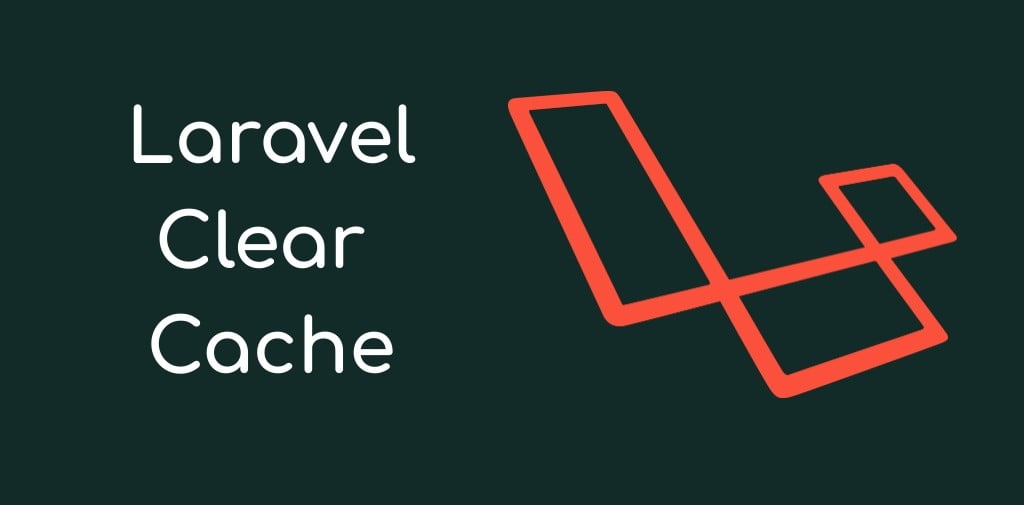In this laravel tutorial, you will learn how to clear cache from blade (views), routes, and config using the artisan command with the command line and programmatically without the command line in laravel apps.
When your app is in production mode and you need to implement caching in Laravel app or project to increase performance, it is important to note if you migrate the Laravel web application from development mode to production mode. so before that you have to clear the cache of your laravel web application
There are two methods to clear all types of caches such as root cache, view cache, app cache in laravel; the methods are the following:
Method 1: Clear Cache in Laravel using Artisan Command line
If you want to clear cache using commnad then open your terminal and go to the laravel application’s folder and execute below commands:
Clear Route Cache
To clear the route cache in Laravel using the PHP Artisan command-line interface, you can use the route:cache command.
php artisan route:cache
Clear Laravel Application Cache
You can clear laravel application cache by using the php artisan cache:clear command in Laravel:
php artisan cache:clear
Laravel Clear Config Cache
To clear the config cache in Laravel using the PHP Artisan command-line, you can use the config:cache command.
php artisan config:cache
Clear Laravel View Cache
To clear the cache in Laravel using the PHP Artisan command-line, you can use the view:clear command.
php artisan view:clear
Reoptimized Class
php artisan optimize
Method 2: Laravel Clear Cache Programmatically
If you want to clear the cache through browser then you need to execute these commands programmatically because sometimes hard to get console access to your laravel application. So this method is very easy and helpfull Clear Cache in Laravel using Browser.
Thus, you will create special routes to clear cache in Laravel.
//Clear route cache:
Route::get('/route-cache', function() {
$exitCode = Artisan::call('route:cache');
return 'Routes cache cleared';
});
//Clear config cache:
Route::get('/config-cache', function() {
$exitCode = Artisan::call('config:cache');
return 'Config cache cleared';
});
// Clear application cache:
Route::get('/clear-cache', function() {
$exitCode = Artisan::call('cache:clear');
return 'Application cache cleared';
});
// Clear view cache:
Route::get('/view-clear', function() {
$exitCode = Artisan::call('view:clear');
return 'View cache cleared';
});
If the cache is not cleared yet. Then go to bootstrap/cache directory. And delete all files and sub directories inside the bootstrap/cache directory.
Or, you can execute the following on the terminal instead of manually deleting the file:
cd bootstrap/cache/ rm -rf *.php

Thanks for this clear cache in laravel post, I have to clear the cache on shared using this article.
All the commands for clear cache in laravel ars very useful for me.
laravel clear cache shared hosting
laravel clear cache config
laravel clear cache command line
laravel clear cache without artisan
Thanks
All in one
Terminal:
php artisan optimize:clear
Application :
Route::get(‘/clear-cache’, function() {
Artisan::call(‘optimize:clear’);
echo Artisan::output();
});